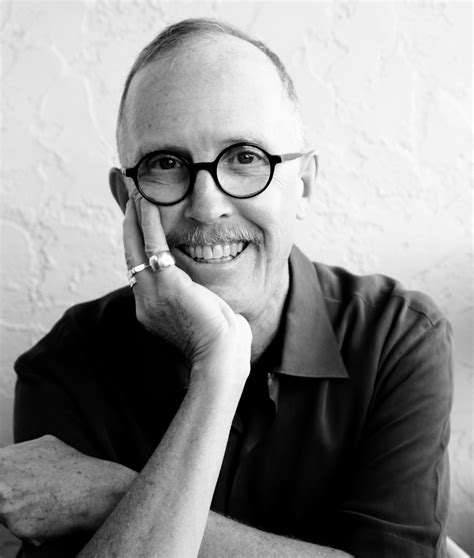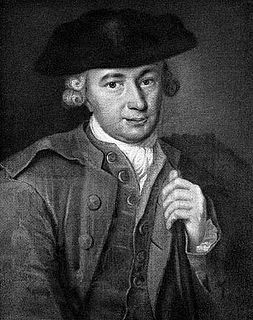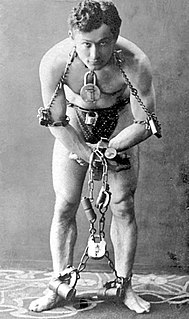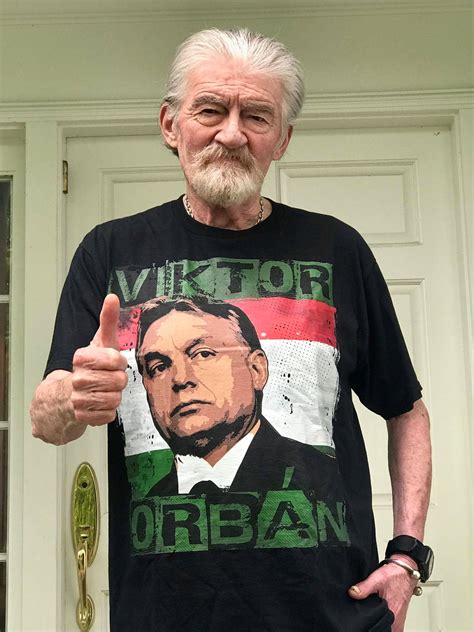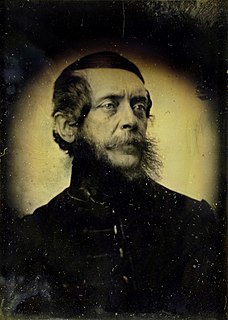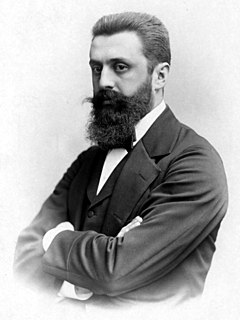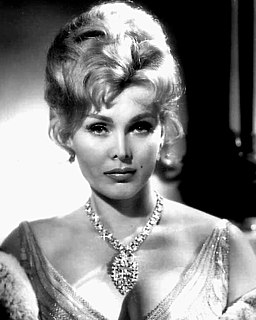A Quote by Anthony de Jasay
Karl Popper once advised a student that if he wanted to reap intellectual fame, he should write endless pages of obscure, high-flown prose that would leave the reader puzzled and cowed. He should then here and there smuggle in a few sensible, straightforward sentences all could understand. The reader would feel that since he has grasped this part, he must have also grasped the rest. He would then congratulate himself and praise the author.
Related Quotes
I dreamed about this as a kid, that I would write - and people would read - a whole series of books. I feel accomplished, giddy, and tired. Mostly, though, I feel thankful. A trilogy is a huge investment on the part of author, publisher, and reader, and I'm grateful that so many people were willing to invest along with me.
You can sort of start to write around 10. You also become a good reader around that time, and you want to imitate the thing that you love. I got praise for it, and then I found that it was a great way of translating my life, so I would write little stories and plays and things. At that point, it was kids' books that I was reading.
I think, for me, there's The Book I Should Write and The Book I Wanted to Write - and they weren't the same book. The Book I Should Write should be realistic, since I studied English Lit. It should be cultural. It should reflect where I am today. The Book I Wanted to Write would probably include flying women, magic, and all of that.
I wanted to write and then I saw Pierrot and I understand that I could express myself in a more... Also probably, I had an intuition that if I was going to only write, I will stay in one room all the time and never go out. I felt that if I was going to make movies, I would have to communicate with people and it would be good for me.



